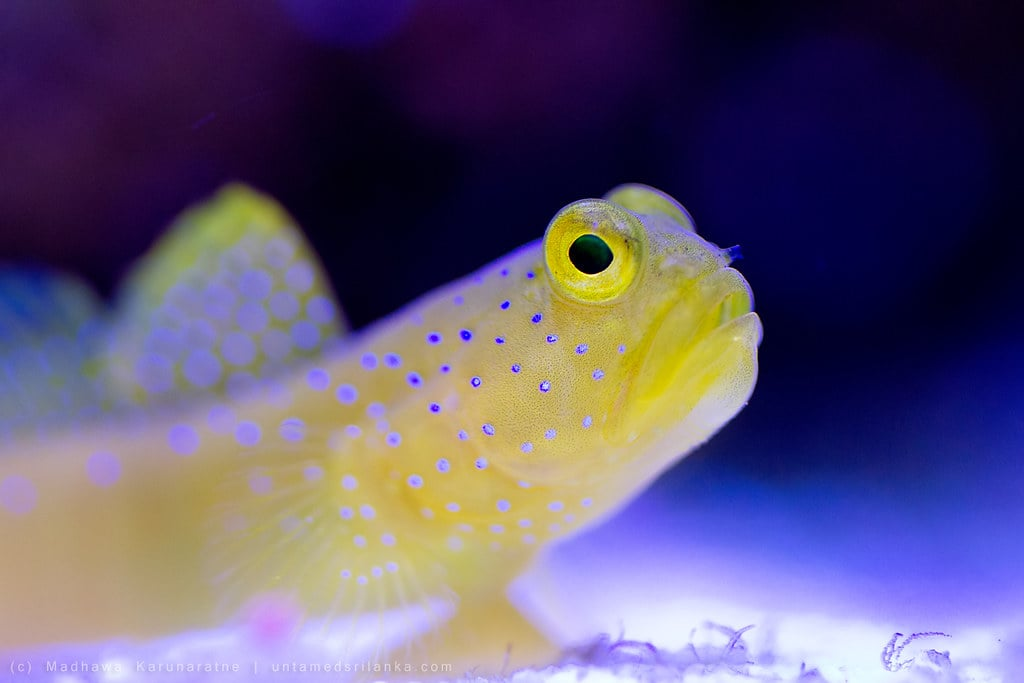

Ci/co as a thermodynamic rule hasn’t been disproven but it works in a vaccum with no other factors considered. Humans are complex and vary in their biological processes that change how calories are utilized, processed, stored, etc. Two people can be put on the exact same diet and exercise plan and have completely different outcomes, that’s where the simplified idea of ci/co has been “disproven” as far as it is commonly understood.
As far as the mental health piece, it is one part of the puzzle but its not necessarily the main component, and also cannot be simplifed to maintaining discipline. Basically, all I’m trying to say is people are complex and just saying an individual needs more discipline or needs to lose weight really reduces the nuances between the relationship of weight and overall health.














This is so cute and I, for one, welcome any pics and a time lapse gif sounds awesome!